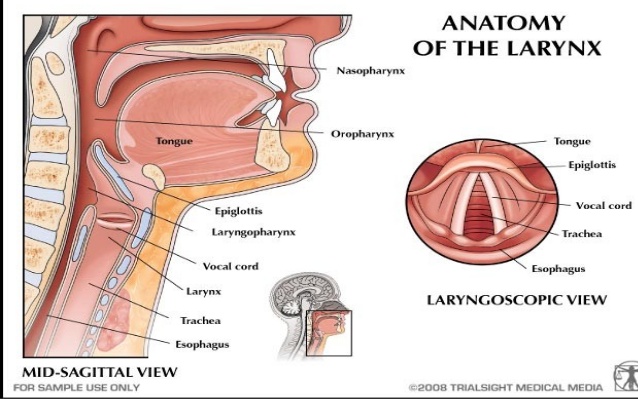While there are lots of things we can do for voice training and fitness, I wanted to give you a heads up on 4 tips that are important to keep your voice in good shape.
Whether you are presenting to others, teaching, talking a lot at work or formally doing voice training, the following tips will help your voice stay strong and fit.
Voice Training-Tip 1 For Voice Fitness
As with any part of our body we want to work well, our vocal cords in our throat also need to have enough hydration to stay moist and supple. Otherwise your vocal cords will begin to tighten and get caught and scratchy. This doesn’t make for ease of speech!
You need to drink enough water. You can also drink warm drinks and add a bit of honey in there to help. More professional singers and performers often also use a steam machine to keep hydrated. They may use it before a performance to hydrate the vocal chords. The shower is also a good ‘steam machine’ as well.
You may have noticed singers stopping and sipping water during their performance, or a presenter or speaker sipping from a glass of water near them periodically.
Voice Training- Tip 2 For Voice Fitness
Again, like any part of the body, your vocal cords and surrounding support muscles, need to be warmed up to work optimally. Of course there are more complicated exercises to do this as well, but an easy one that you can do pretty well anywhere is to hum gently. You can hum a song you know, or just make up a hummed tune, or gently hum up and down in pitch. Do this for a few minutes before you need to present something etc. This will also help relax you.
Here’s a picture of the larynx so you know what we’re talking about.
Voice Training- Tip 3 For Voice Fitness
While you’re talking remember to keep your breath full and centred and from the tummy area or diaphragm, as opposed to shallow, and from the chest. Your breath supports your speaking effort. With full and centred breath, your voice can stay rich and you can talk for longer without distress. It also keeps you relaxed. If you’re relaxed your throat muscles don’t tighten up. When your throat muscles are tight and you use your voice for a while, you strain all the muscles and your vocal cords. This can end up causing a hoarse voice, or loss of voice often, or an uncomfortable scratchy throat etc.
In fact just generally, in everyday life, it’s good to breath fully and in a centred way down into your tummy ( not pushing), to keep good body oxygenation (including your brain) to function well, and to stay more relaxed as you go about your daily business.
Voice Training- Tip 4 For Voice Fitness
If you talk a lot, or use your voice a lot, you need to be careful that you also have enough vocal rest. Like any ‘muscle’ your vocal cords can become damaged from over use and strain.
Vocal rest not only includes periods when you rest your voice after talking a lot, i.e. have a period of time when you don’t talk, but it also means getting enough sleep. Your body rests and regenerates among other things, while you sleep, and so do your vocal cords and throat muscles. Enough sleep means you aren’t fighting with your body to keep going when it’s tired and causing stress or damage to it.
Of course these tips are for every one of us who has to use our voice a lot. If you want more in depth information and need to know how to get a richer voice quality have a look here.
Wishing you good voice fitness. Esther
Do you want to improve the sound of your voice? Get the Voice Training Course:
Voice Training Course


